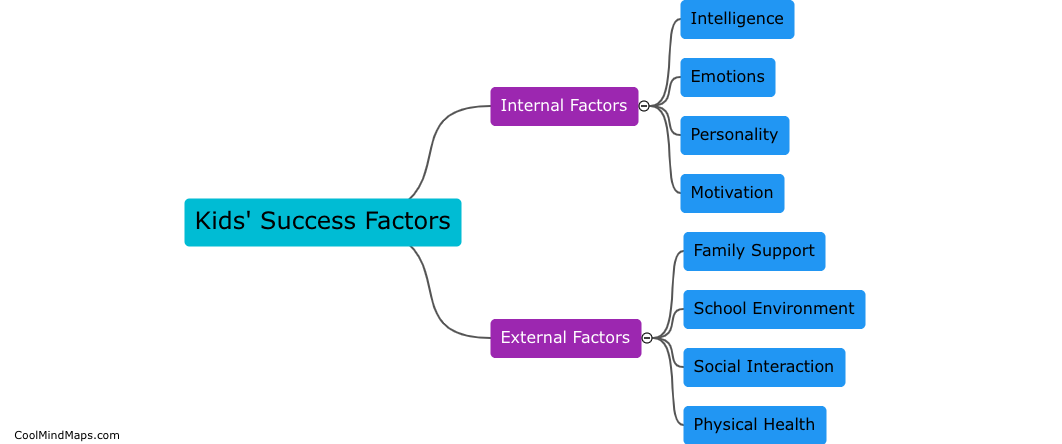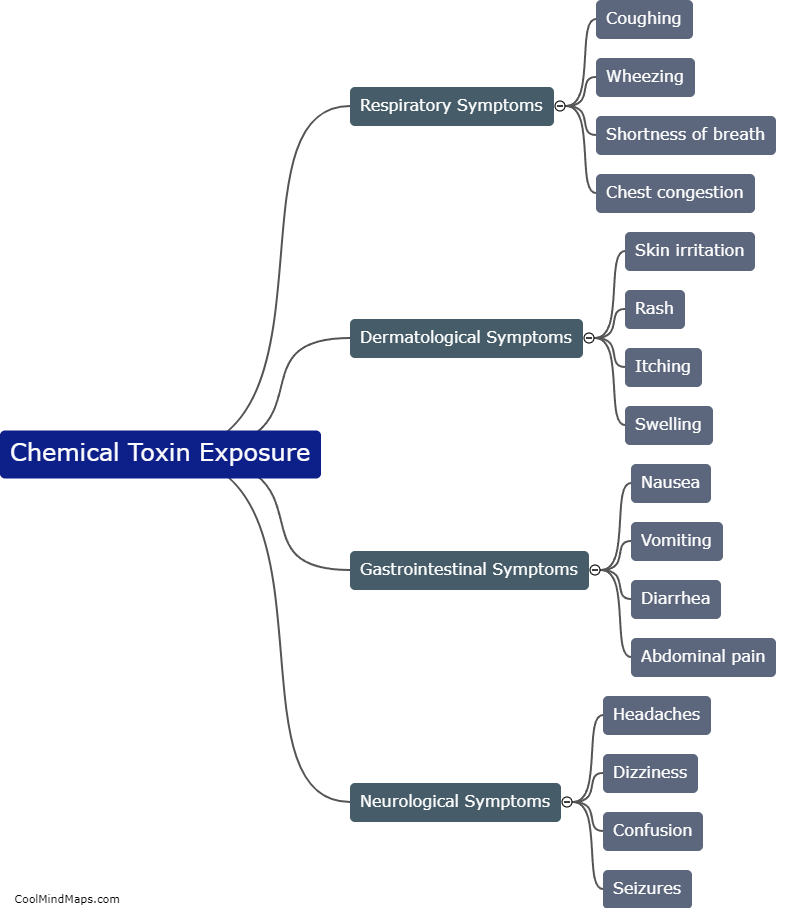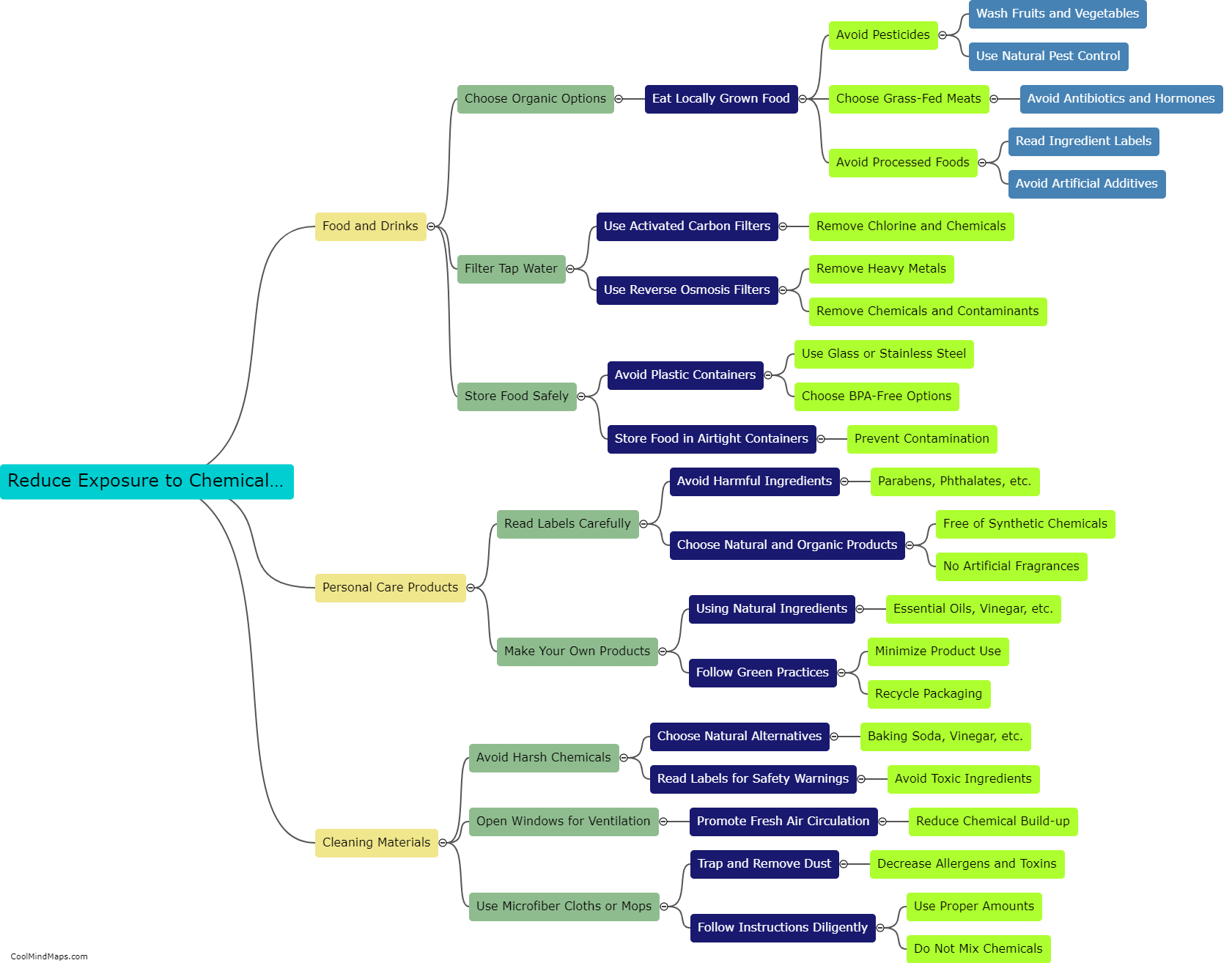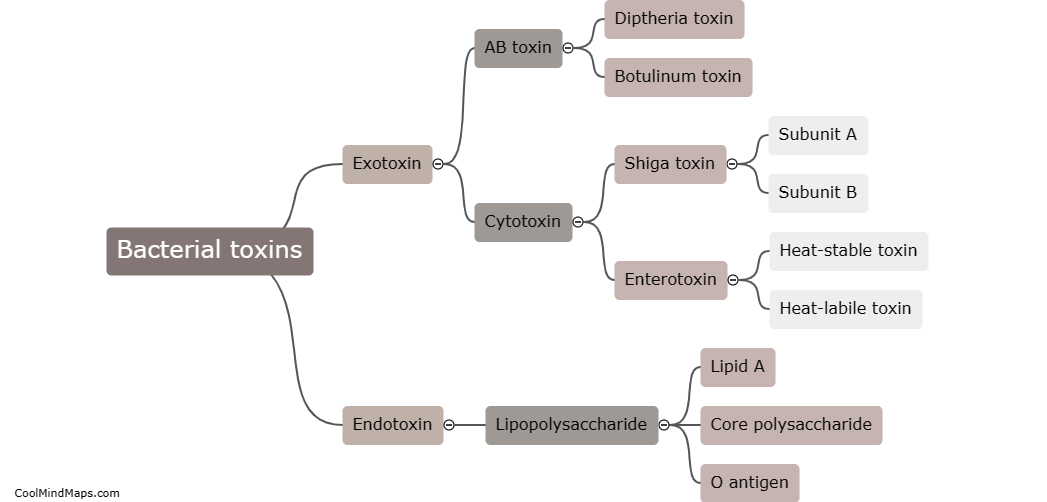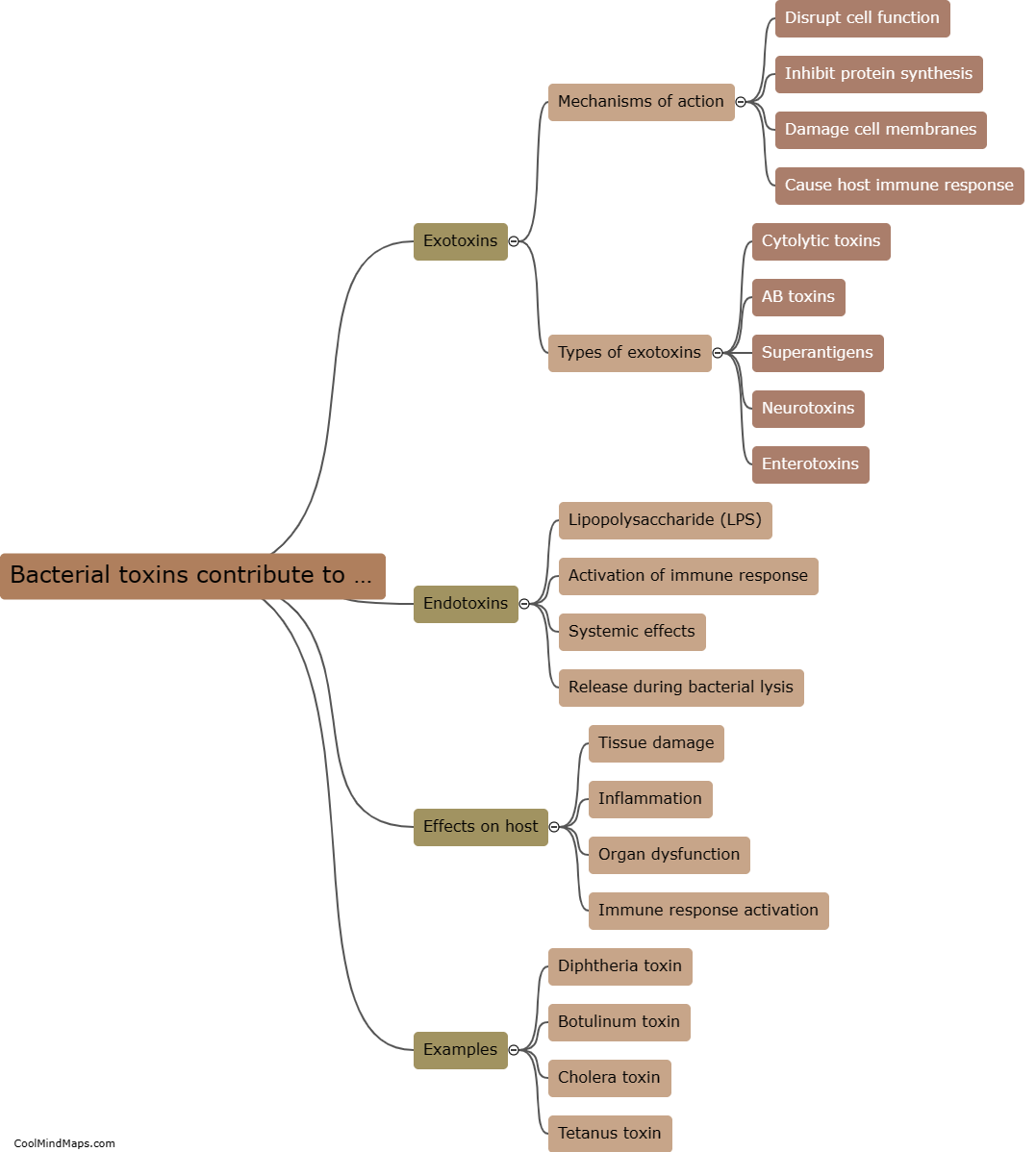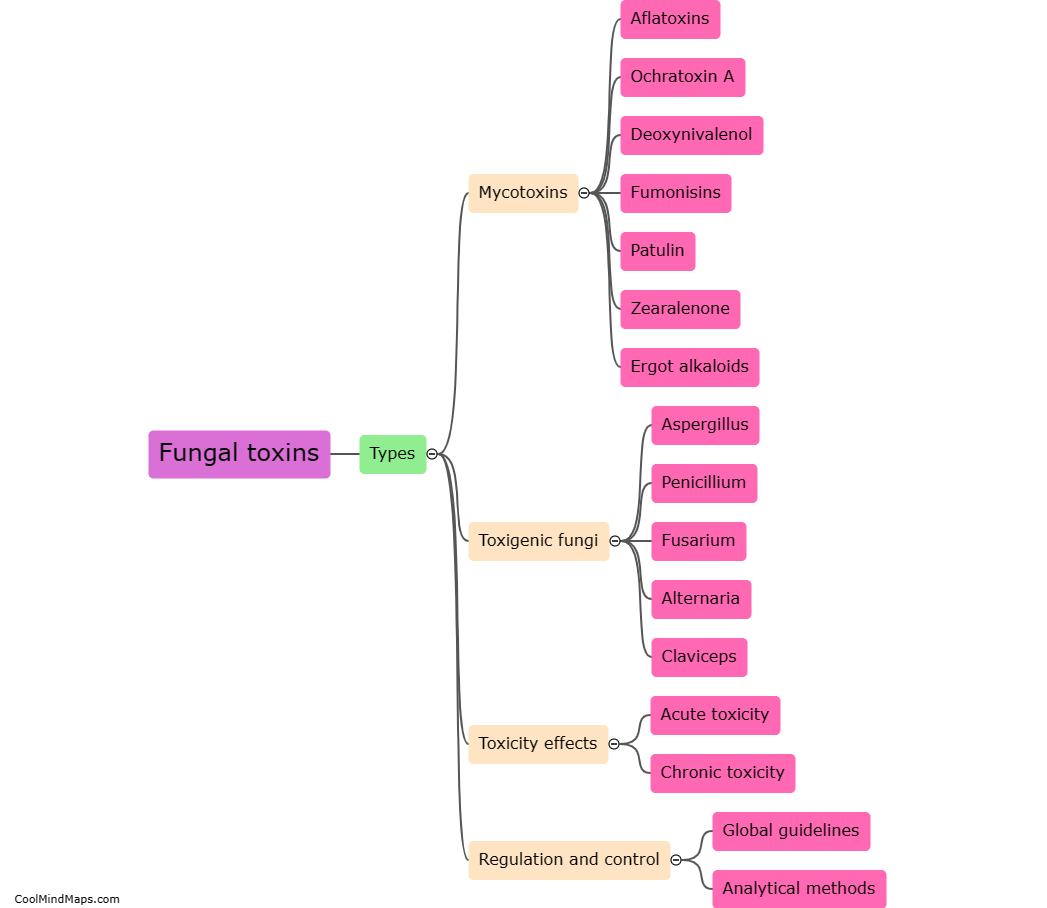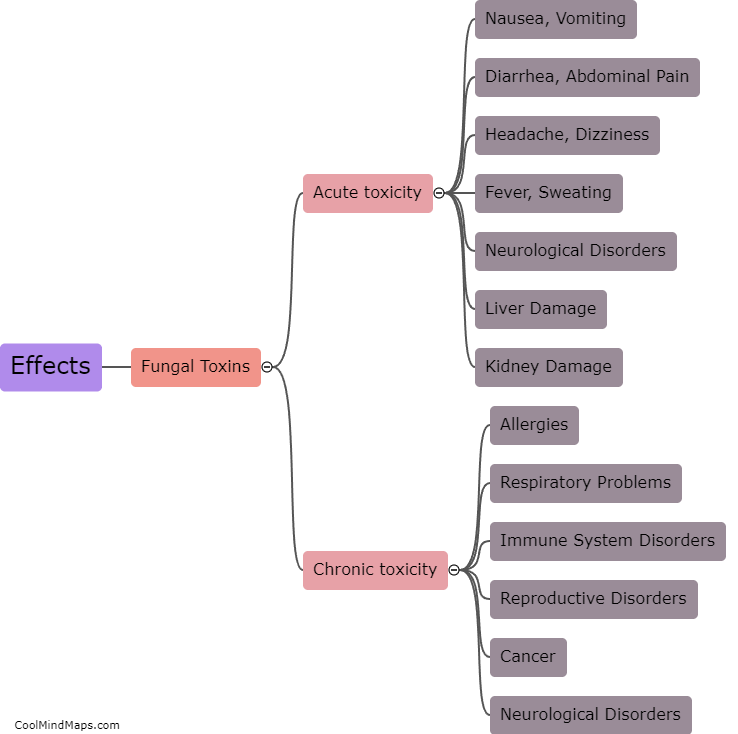How can bacterial toxins be neutralized or inhibited?
Bacterial toxins can be neutralized or inhibited through various strategies aimed at blocking their cellular effects or preventing their production. One approach is the use of antibodies or antitoxins that specifically target and bind to the toxin, rendering it inactive or facilitating its clearance from the body. These antibodies can be naturally produced by the immune system or generated through vaccination. Another strategy involves developing drugs that interfere with the toxin's mechanism of action, such as enzyme inhibitors or receptor antagonists. Additionally, efforts can be directed towards inhibiting the production of toxins by targeting the genes or essential enzymes involved in their synthesis. This can be achieved through the use of antimicrobial agents or by disrupting the quorum-sensing systems that regulate toxin production. Ultimately, a comprehensive understanding of the molecular mechanisms underlying bacterial toxin action is crucial for the development of effective strategies to neutralize or inhibit their harmful effects.

This mind map was published on 3 December 2023 and has been viewed 142 times.

